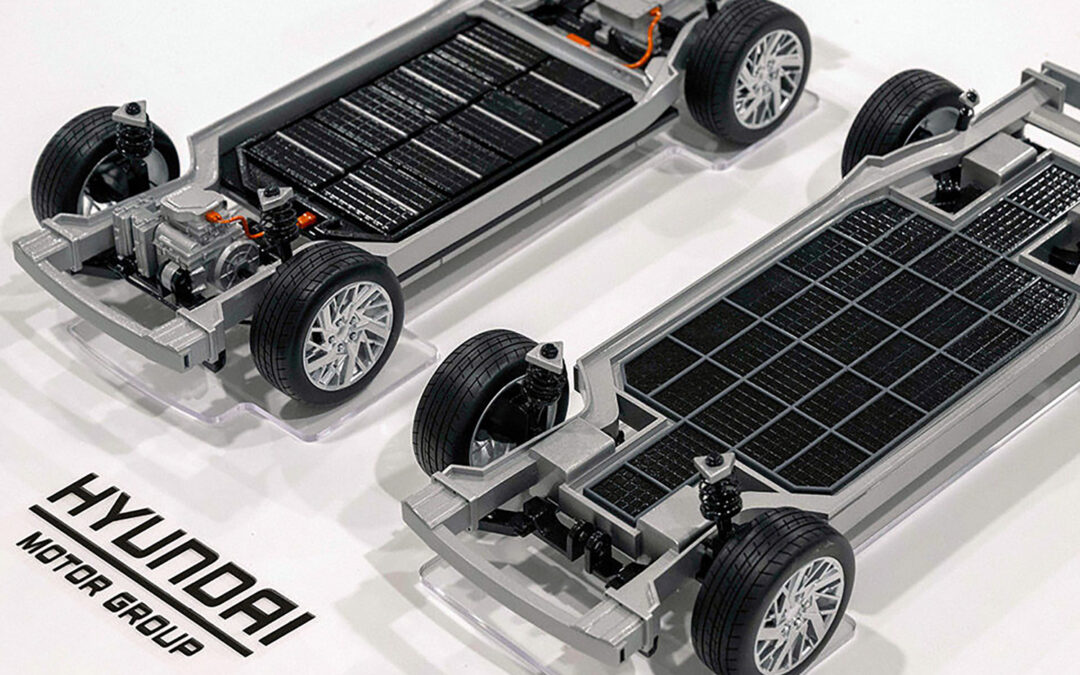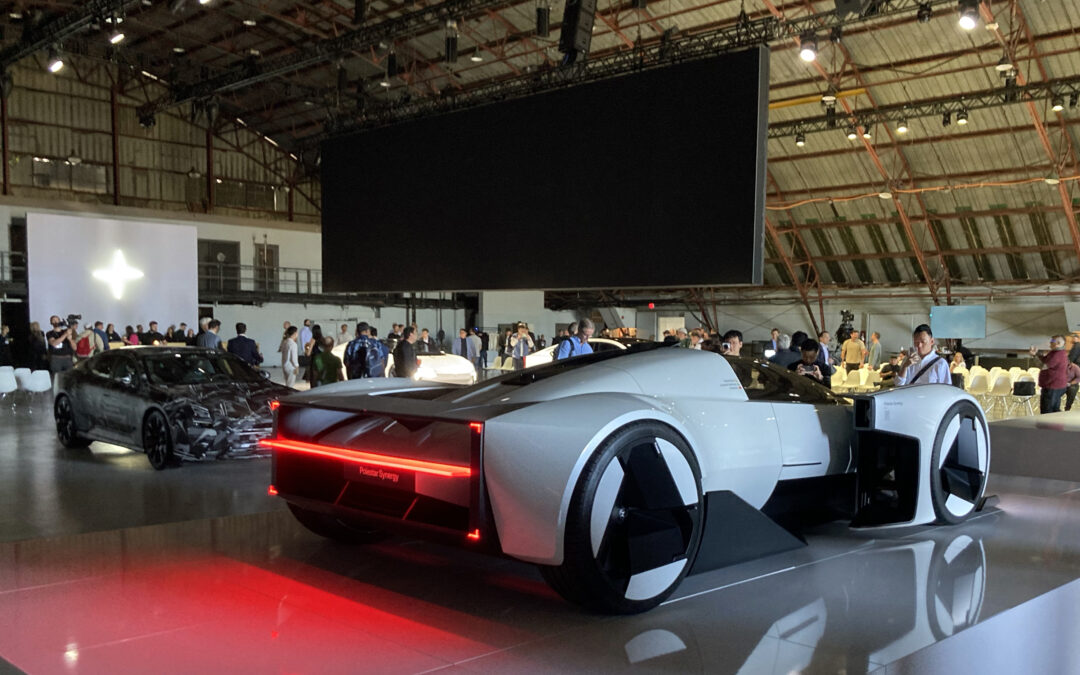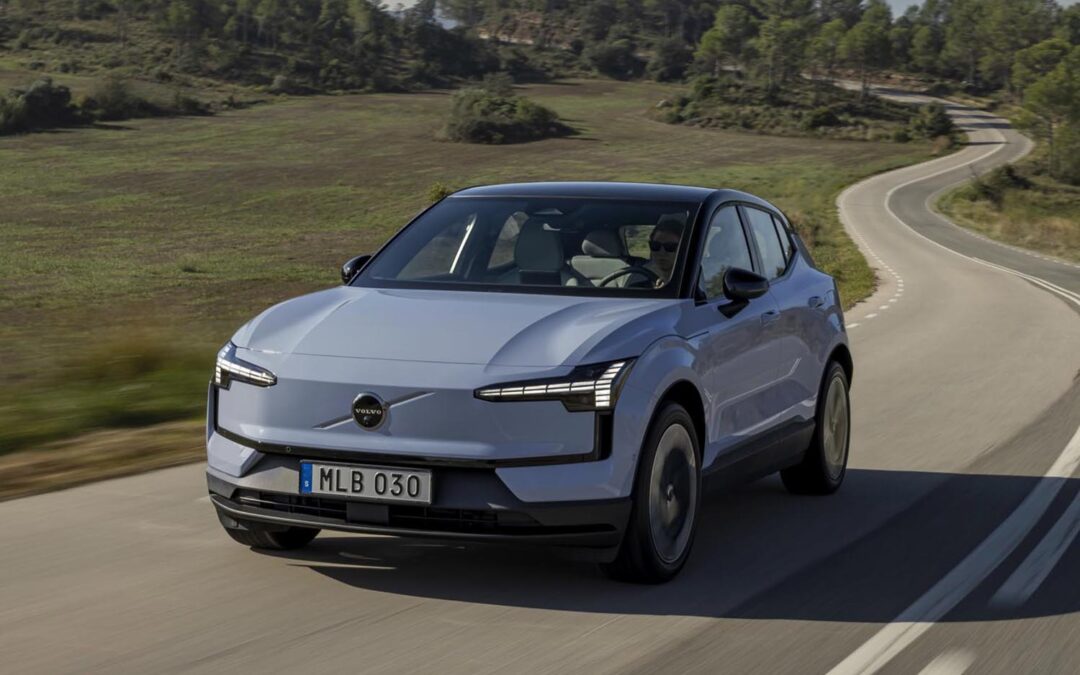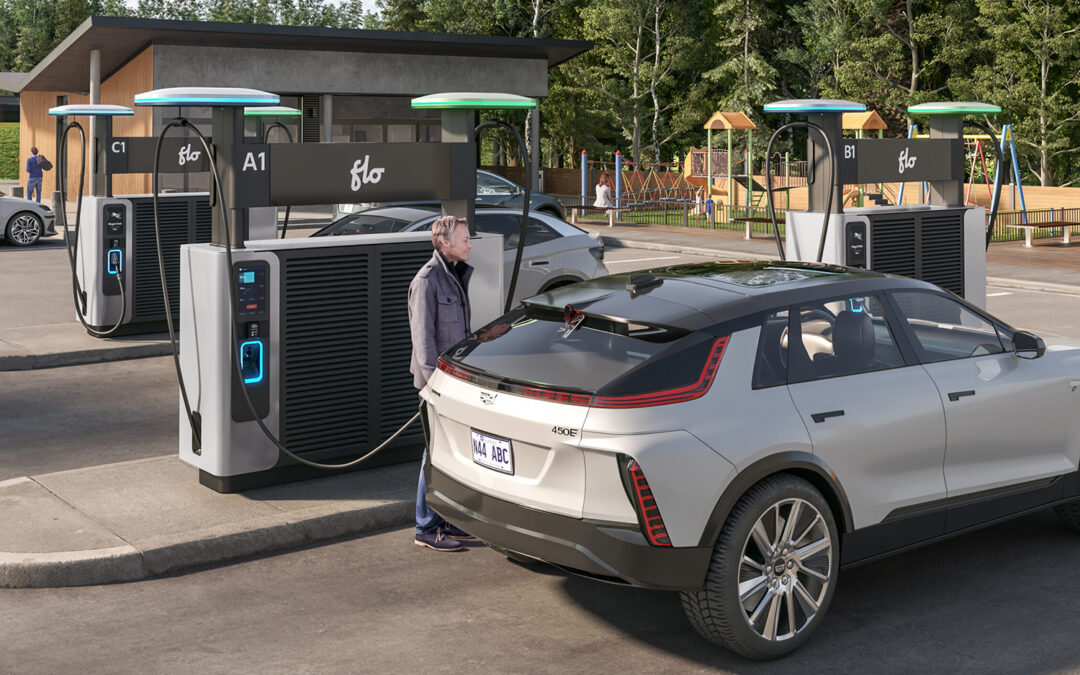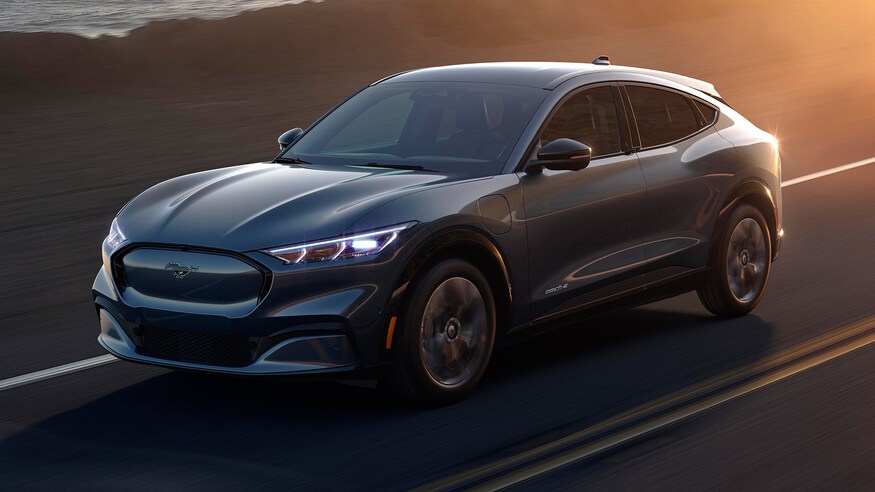A hybrid Bentley Flying Spur running on a combination of biofuel and electricity has completed a coast-to-coast run across Iceland in one shot as part of the luxury sedan’s sign-off.
The Flying Spur Hybrid, the second electrified Bentley to be launched after the Bentayga Hybrid, completed the 733-kilometre journey using just one ‘tank’, a combination of 100 per cent renewable biofuel and electricity geothermically-sourced from Iceland’s power grid.
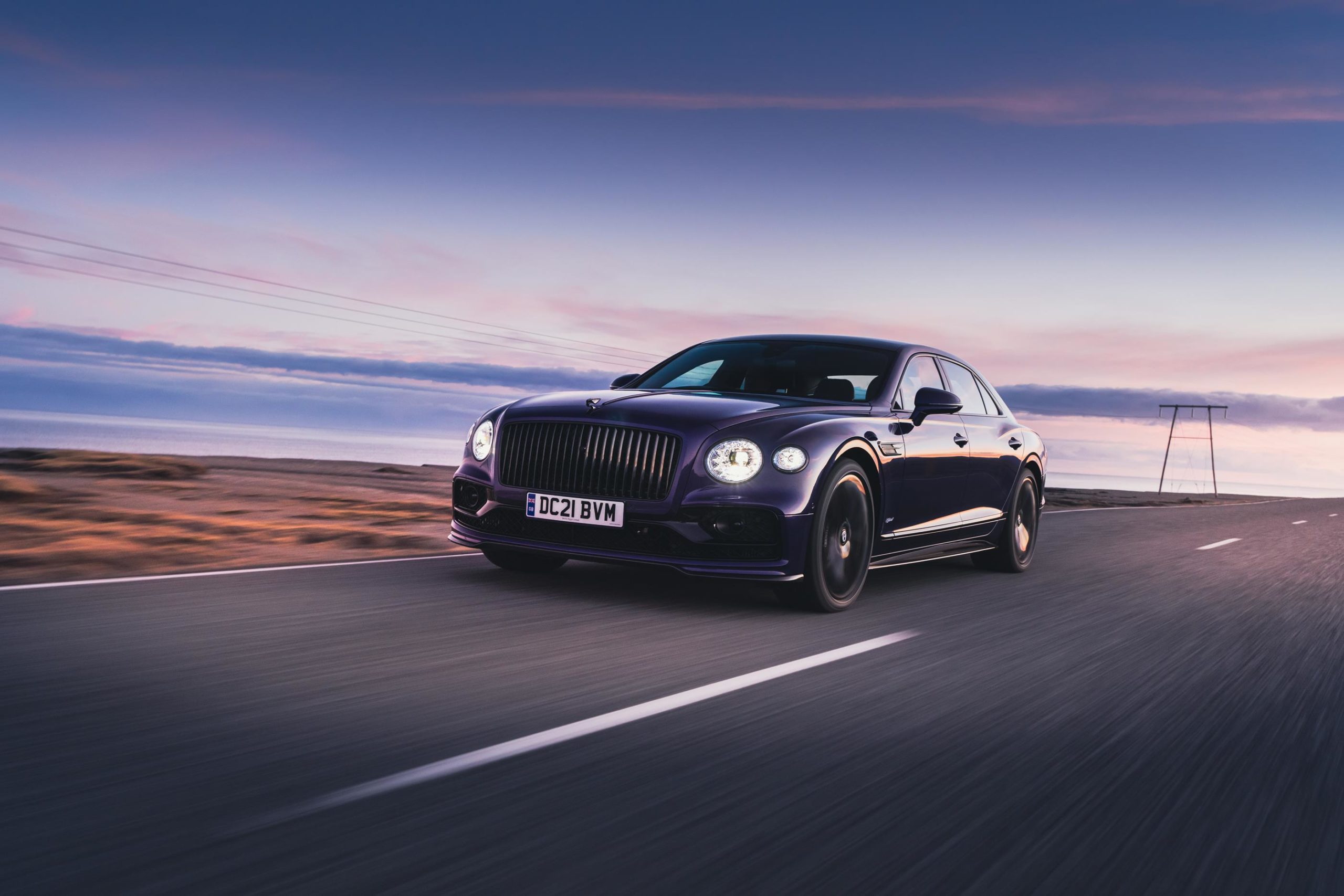
Bentley Flying Spur Hybrid
The hybrid powertrain mates a 2.9-litre V6 with an electric motor powered by a 14.1 kWh lithium ion battery for a combined output of 536 horsepower and 553 lb-ft of torque. That’s a 95-hp increase over the power available from the Bentayga’s V6 and a not insurmountable amount less than the 542-hp and 568 lb-ft of torque of which the Flying Spur’s 4.0-litre twin-turbocharged V8 is capable. Even the hybrid limousine’s 4.1-second 0-to-100 km/h sprint time is on par with its V8 counterpart over the same distance.
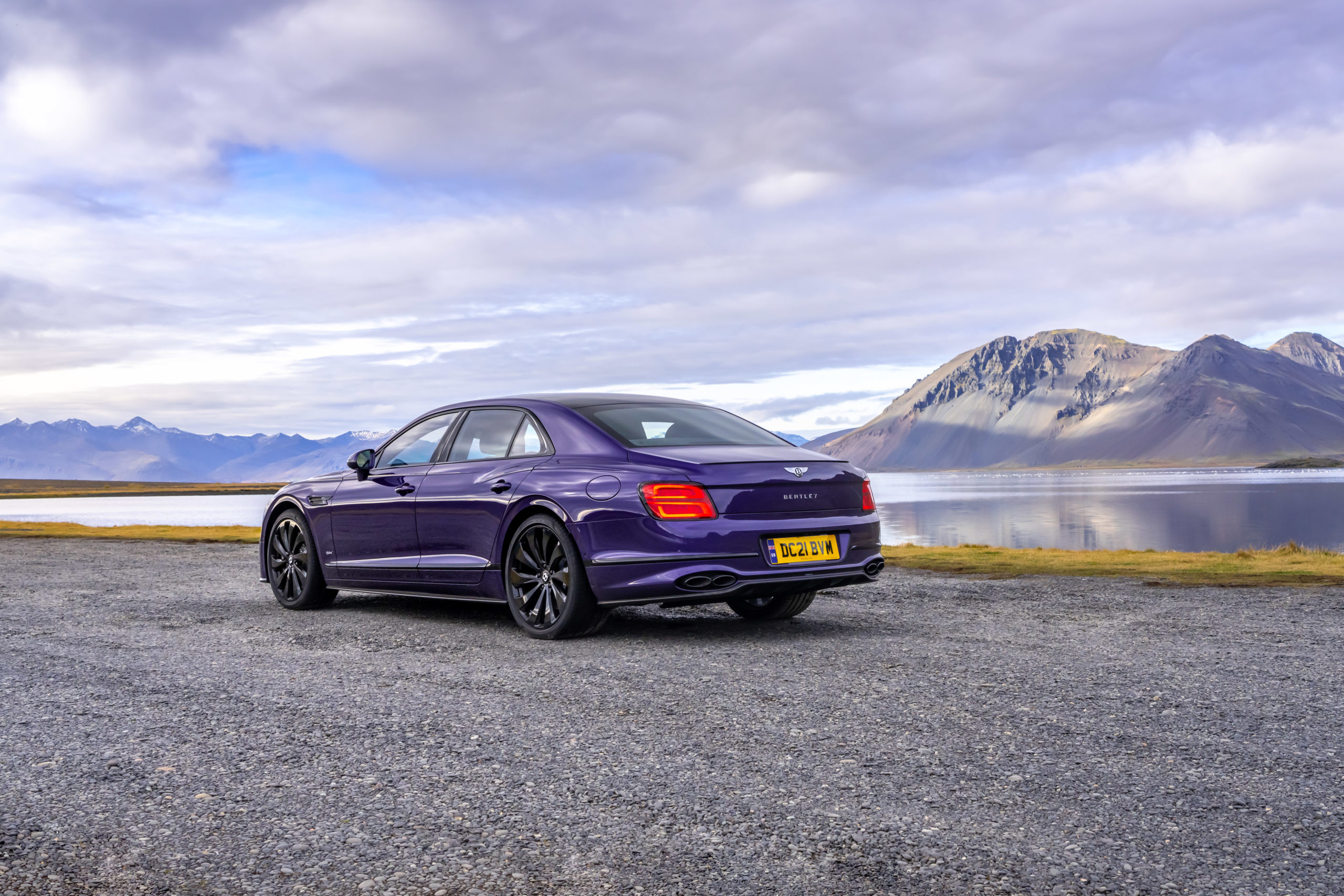
Bentley Flying Spur Hybrid
A development of the renewably-fuelled Bentley Continental GT3 racer that competed at the vaunted Pikes Peak Hill Climb earlier this year, the second generation biofuel, developed by Coryton Advanced Fuels in the UK, breaks down waste biomess (i.e. straw) to ethanol via fermentation. The ethanol is then dehydrated to create ethylene, which is summarily transformed into gasoline using a ‘oligomerisation’, a process that essentially chains hydrocarbon molecules within the ethylene together, heightening the energy that can be extracted from them. This hybridised powertrain reduced C02 production during the run by a significant 45 per cent compared with that of a standard internal combustion engine.
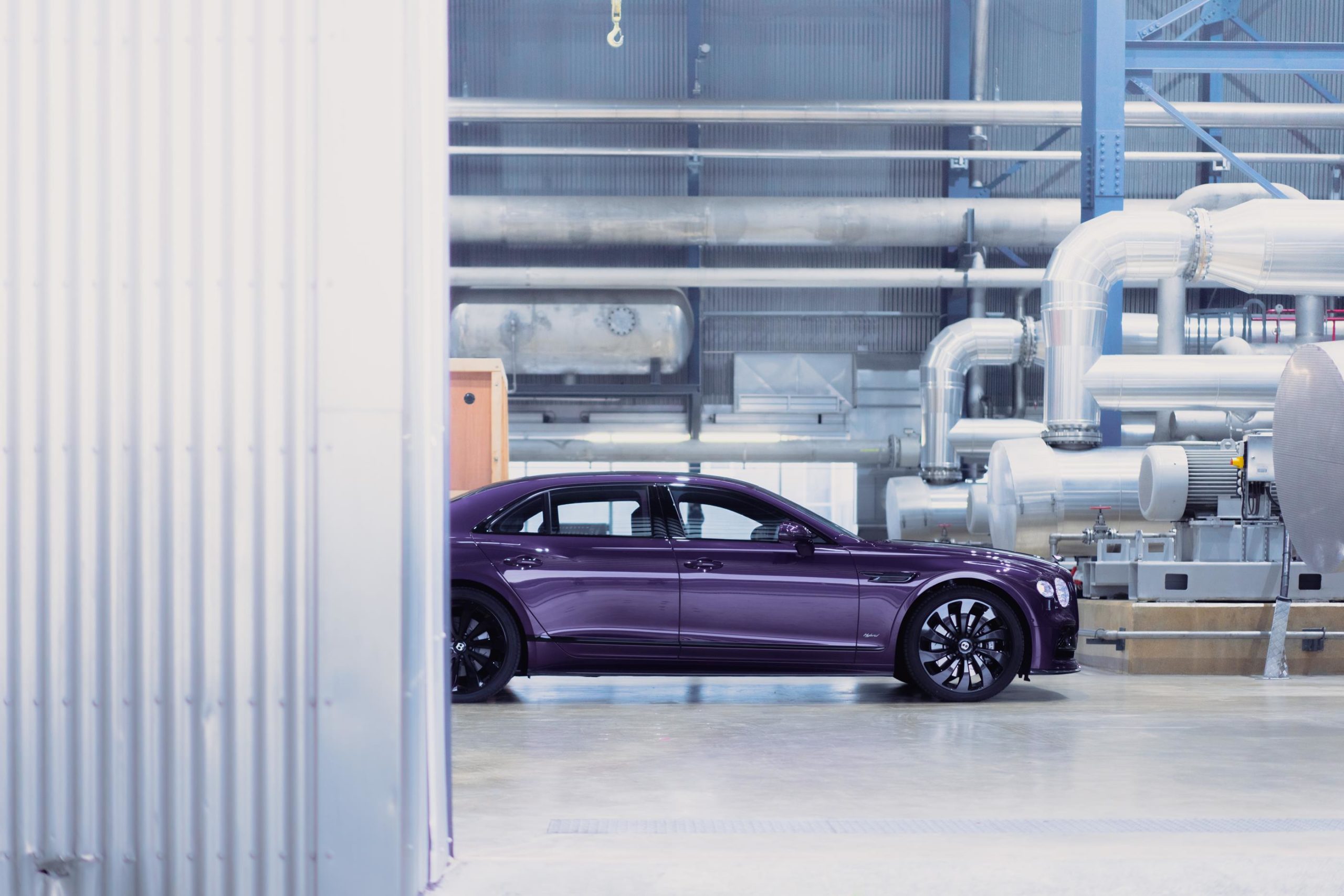
Bentley Flying Spur Hybrid
As well as bidding farewell to the Flying Spur, production of which was confirmed in 2020 to be coming to an end, Bentley has also praised the 733-km run across Iceland as validation of the luxury marque’s research into biofuels without modifications to the engine.
“…with this challenge we’ve proved the real benefit of a hybrid – the ability to have an unimpeded grand touring reach of more than 450 miles [more than 725 km] while still having usable electric-only range for urban environments,” explains Matthias Rabe, Member of the Board for Engineering at Bentley. “It’s truly the best of both worlds, especially when the use of innovative second-generation biofuel means a huge drop in CO2 emissions. We’ll continue working with such fuels in the coming months as part of our development process.”
As part of Bentley’s Beyond100 Strategy, hybrid powertrains will be available across its full range of luxury models by 2024, with introductions set to begin in 2022, ahead of the brand’s first BEV being launched in 2025.

